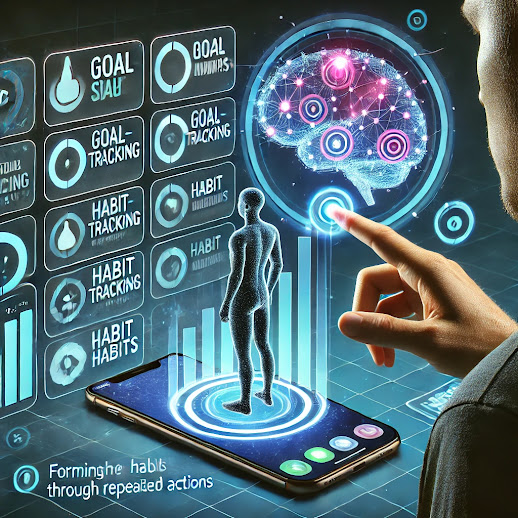Problem is defined by the dictionary as “a matter or situation regarded as unwelcome or harmful and needing to be dealt with and overcome.”
“Problem solving is the process of achieving a goal by overcoming obstacles, a frequent part of most activities. Problems in need of solutions range from simple personal tasks to complex issues in business and technical fields.” (Wikipedia)
Why You Need Problem Solving Skills
- For one, when you ignore your problems, they tend to get worse.
- The life skill of problem solving gives you some level of control over your life, in the present and even in the future.
- Whether in personal dilemmas or professional quandaries, the right approach can turn obstacles into opportunities.
- Problem solving helps build resilience.
- Lastly, it’s a vital skill that helps you deal with life on life’s terms.
This article offers eight key methods to enhance your problem-solving acumen, ensuring you tackle issues with clarity, creativity, and confidence. Dive in to master the art of addressing challenges head-on.
Defining the Problem with Clarity
Understanding the problem is the foundational step in any problem-solving process. To address any issue effectively, one must first ensure they grasp its entirety.
This involves more than just identifying the problem's existence; it means delving deep to understand its root cause, the people it impacts, and the circumstances under which it arises.
By dissecting the problem into more digestible parts, the process becomes less overwhelming and paves the way for a more lucid solution-finding journey.
The Power of Brainstorming
Once the problem is laid out clearly, the next step is to gather a plethora of potential solutions. This phase should emphasize open-mindedness and creativity, allowing for a wide range of ideas, from the conventional to the out-of-the-box.
The essence of brainstorming is diversity. Including individuals from different backgrounds or fields can infuse the process with varied viewpoints and enrich the pool of solutions.
Creative Problem Solving
Harvard Business School describes another approach to problem solving that while less structured offers valuable opportunities and one that is ideal for situations where the root cause has not yet been identified or defined.
The tools of creative problem solving include:
- Brainstorming
- Divergent thinking exercises: This involves coming up with a variety of solutions, each unique and each offering possible alternatives.
Visualization
Seeing the Problem In many scenarios, visual aids can be incredibly potent tools in the problem-solving arsenal. When dealing with complex issues, writing them down on flowcharts, diagrams, or mind maps can give you insights into their complexities.
Such visual representations can demystify complexities, showcase how different elements interrelate, and pinpoint areas that might require special attention.
Evaluating and Prioritizing Solutions
With a list of possible solutions in hand, the next logical step is to sift through them. This involves a meticulous examination of each idea based on various parameters such as feasibility, potential impact, and resources needed.
An objective assessment can also uncover possible risks and upsides tied to each solution. This methodical analysis is crucial in zeroing in on the most viable solutions while sidestepping potential hazards.
Tackling Complex Problems Piece by Piece
One common pitfall in problem-solving is becoming paralyzed by the sheer magnitude of an issue. The antidote to this is segmentation.
By deconstructing a colossal problem into bite-sized tasks, it becomes less daunting. This approach not only prevents feelings of being overwhelmed but also instills a progressive sense of achievement with each completed task.
The Value of Collaboration and Feedback
Solving problems in isolation can often be limiting. By bringing in a fresh set of eyes, be it peers, mentors, or domain experts, new perspectives can be added to the mix.
Additionally, Engaging in discussions can unearth insights that one might have missed, highlight unforeseen challenges, or suggest alternative paths. This collaborative spirit can amplify creativity and drive towards a more holistic solution.
Embracing Mistakes as Learning Opportunities
When it comes to problem-solving, perfection is a myth. It's natural to encounter roadblocks or realize that a chosen solution doesn't yield the desired results. Instead of viewing these as failures, they should be perceived as invaluable lessons.
By introspecting on what didn't work, refining strategies, and persisting in the face of setbacks, one not only finds better solutions but also strengthens their problem-solving aptitude and resilience.
Conclusion
Problem-solving is a vital skill in both personal and professional life. By consistently practicing and refining these methods, you'll be better equipped to tackle challenges head-on and come up with effective solutions.
Whether it's a minor hiccup or a significant hurdle, developing strong problem-solving skills will serve you well in any situation.









